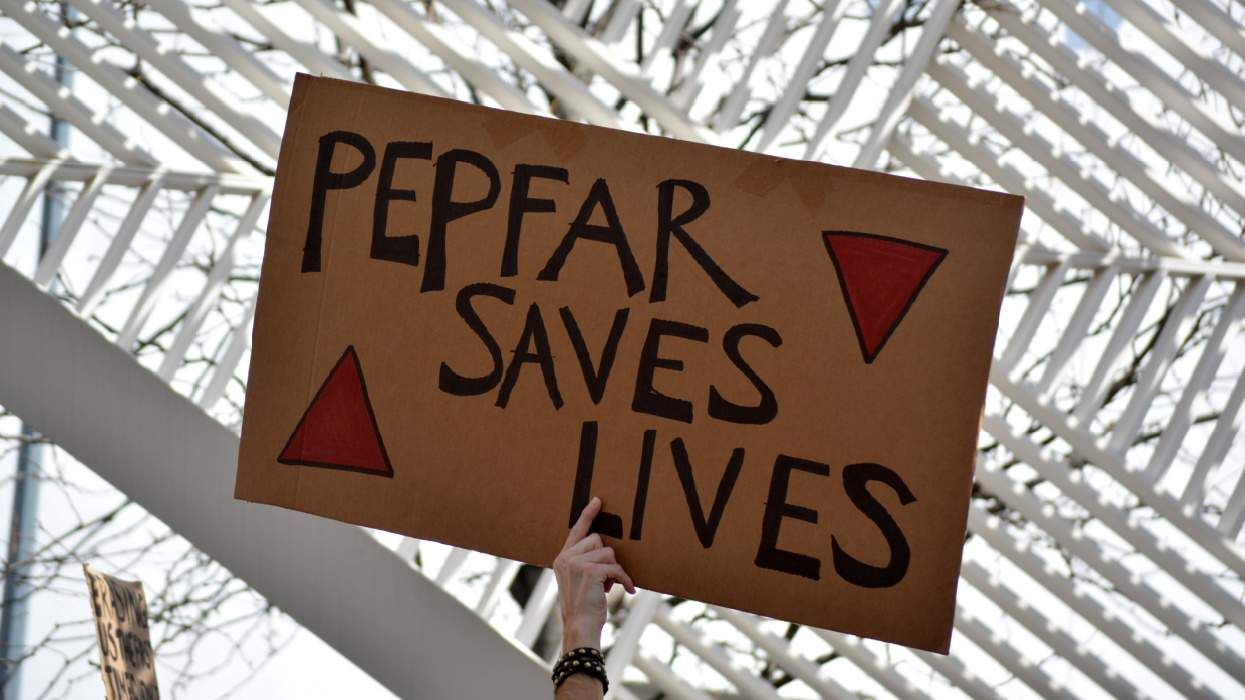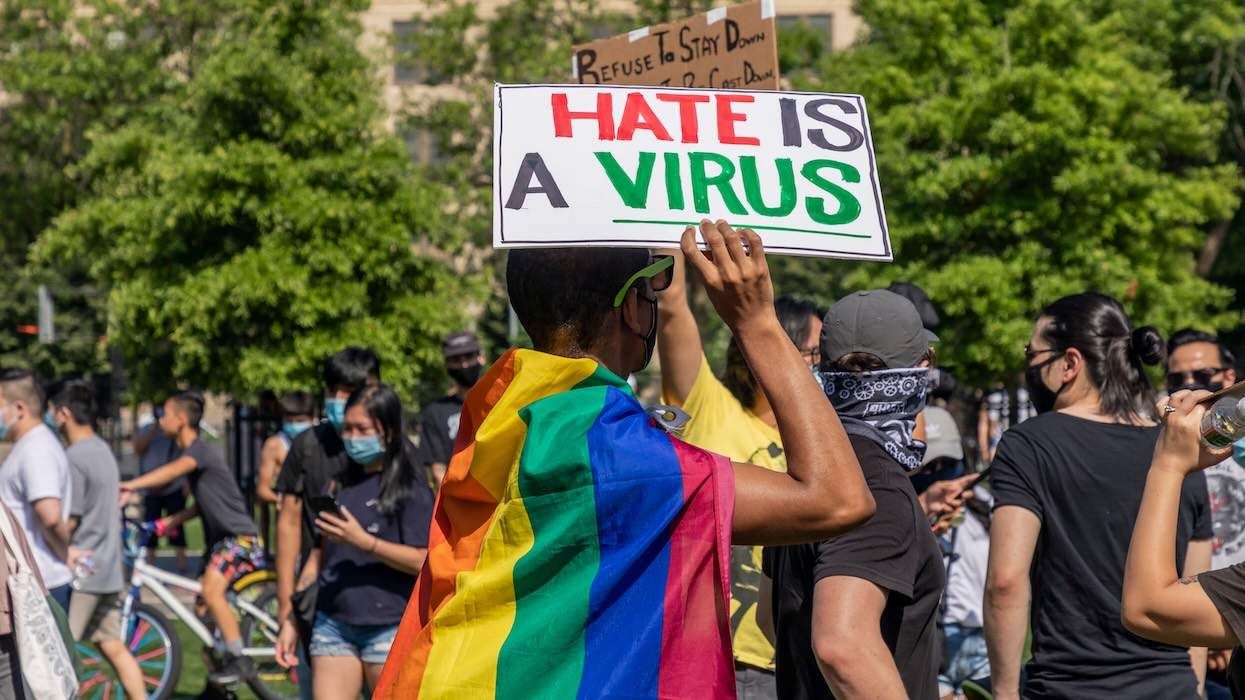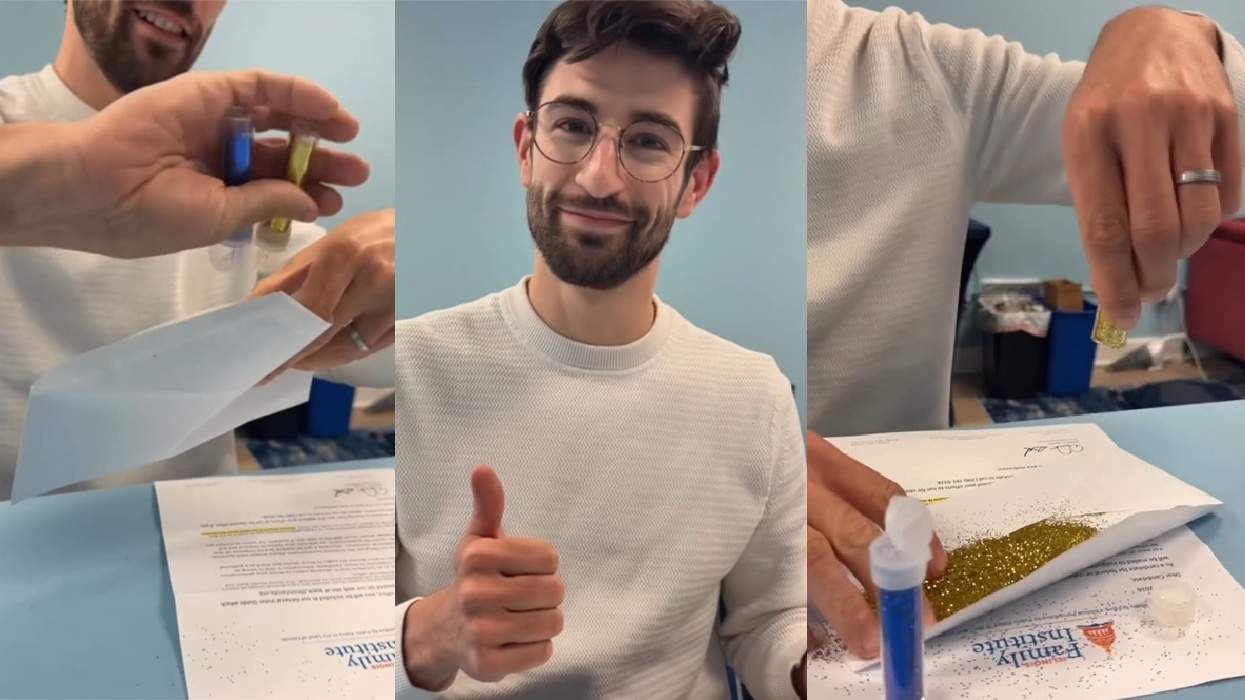One of two Duke
University lacrosse players charged with raping a
stripper last month could face further legal trouble in an
unrelated assault case in Washington, D.C. Collin
Finnerty is due in D.C. superior court Tuesday for a
hearing to determine whether he violated the
conditions of a diversion program he entered after being
charged in an apparently antigay assault in November.
Finnerty, 19, of Garden City, N.Y., was arrested
on November 5 after he and two high school lacrosse
teammates were involved in a confrontation in
Georgetown, according to court records. Finnerty and the
other young men were accused of punching Jeffrey O.
Bloxgom in the face and body after he told them to
"stop calling him gay and other derogatory names,"
according to the court documents.
Bloxgom told police that when he tried to walk
away, Finnerty's group attacked him without
provocation, injuring his lip and chin.
Under the terms of the diversion program, the
charges would be dismissed after Finnerty completed 25
hours of community service. The agreement also called
for Finnerty to refrain from committing any criminal offense.
"We're considering revocation of the diversion,"
said Channing Phillips, a spokesman for D.C.'s U.S.
Attorney's Office. If the diversion is revoked and
Finnerty is convicted of simple assault, he could face up
to six months in jail and a fine of up to $1,000.
Calls to Steven J. McCool, who is representing
Finnerty in the Georgetown case, and Bill Cotter, his
Durham, N.C., attorney, were not returned Monday.
Finnerty and Duke teammate Reade Seligmann were
indicted last week on charges of attacking a woman who
was performing at an off-campus party held by the
lacrosse team on March 13. Authorities believe they were two
of the three white men who the 27-year-old black woman says
raped her in a bathroom.
Seligmann's attorney on Monday demanded that
prosecutors turn over the accuser's medical, legal,
and education records for use in attacking her
credibility. He also asked a judge to hold a pretrial
hearing to "determine if the complaining witness is
even credible enough to provide reliable testimony."
(AP)


































































Charlie Kirk DID say stoning gay people was the 'perfect law' — and these other heinous quotes